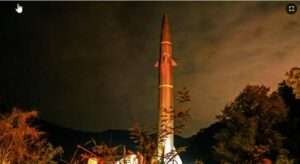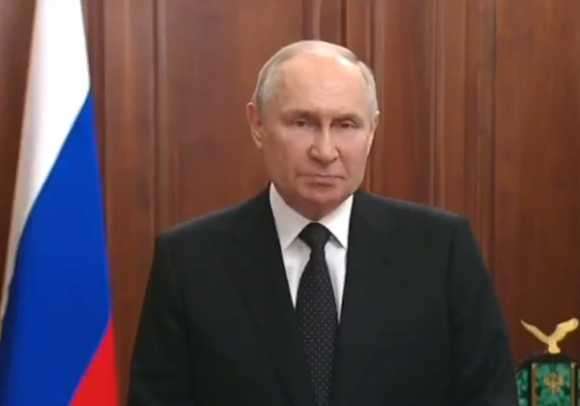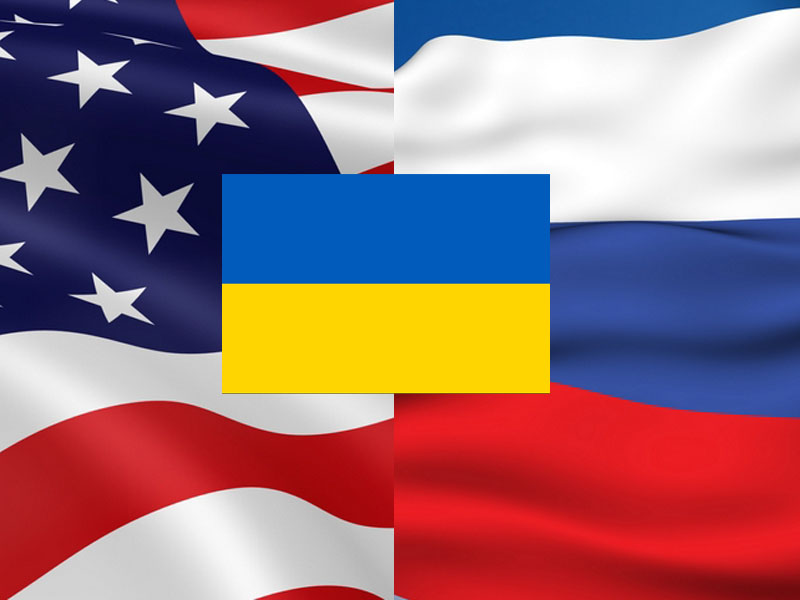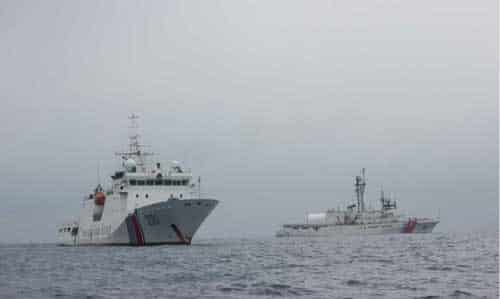
WASHINGTON — Russia’s war in Ukraine — portrayed by top U.S. officials as posing a danger to the United States itself — still trails China when it comes to long-term threats to America’s security, according to a top Pentagon official.
The warning from Ely Ratner, the Defense Department’s assistant secretary for Indo-Pacific security affairs, comes in testimony prepared for a hearing Wednesday by the House Armed Services Committee on security challenges in the Indo-Pacific region.
“The PRC [People’s Republic of China] continues to present the most comprehensive and serious challenge to our national security,” Ratner is set to tell lawmakers, according to a copy his opening statement obtained by VOA.
“The PRC remains the only country with the will and increasingly the capability to dominate the Indo-Pacific region and displace the United States,” Ratner warns, adding, “the PRC is pursuing its revisionist goals with increasingly coercive activities in the Taiwan Strait, the South and East China seas, along the Line of Actual Control with India, and beyond.”
This is not the first time Ratner has addressed the growing threat from Beijing.
In October he called out China’s military for what he described as a “sharp increase” in risky behavior in the East and South China seas.
Ratner also cautioned, separately, that China’s leaders were “increasingly turning to the PLA [People’s Liberation Army] as an instrument of coercion.”
Additionally, the Pentagon’s annual China Military Power report said that China’s nuclear arsenal has been growing faster than expected, while Beijing is building out the infrastructure needed for a further expansion of its nuclear forces.
China has responded to such allegations by accusing the U.S. of “hyping up” the threat.
On Tuesday, U.S. Defense Secretary Lloyd Austin issued a warning of his own, emphasizing the threat from Russia’s invasion of Ukraine.
“The United States stands by Ukraine because it’s the right thing to do,” Austin told a meeting of the Ukraine Defense Contact Group in Ramstein, Germany. “But we also stand by Ukraine because it’s crucial to our own security.”
“The United States would face grave new perils in a world where aggression and autocracy are on the march and where tyrants are emboldened and where dictators think that they can wipe out democracy off the map,” he said.
U.S. intelligence officials argued recently that the threats from Russia and China are linked, and that Russia’s war has served to embolden China’s leadership.
Director of National Intelligence Avril Haines told lawmakers earlier this month that Beijing has managed to get long-sought concessions from Moscow in exchange for support for Russia’s war in Ukraine.
And CIA Director William Burns said Russian success in Ukraine could “stoke the ambitions of the Chinese leadership in contingencies ranging from Taiwan to the South China Sea.”
Ratner told U.S. lawmakers Wednesday that the Defense Department is working to strengthen key alliances in the Indo-Pacific and develop what he calls a “regional force posture” including Japan, South Korea, the Philippines and Australia.
He also testified that the Pentagon’s proposed 2025 budget is placing a priority on investments in air, sea and undersea power, as well as in modernizing U.S. nuclear forces with an eye toward Beijing’s own military modernization efforts.






